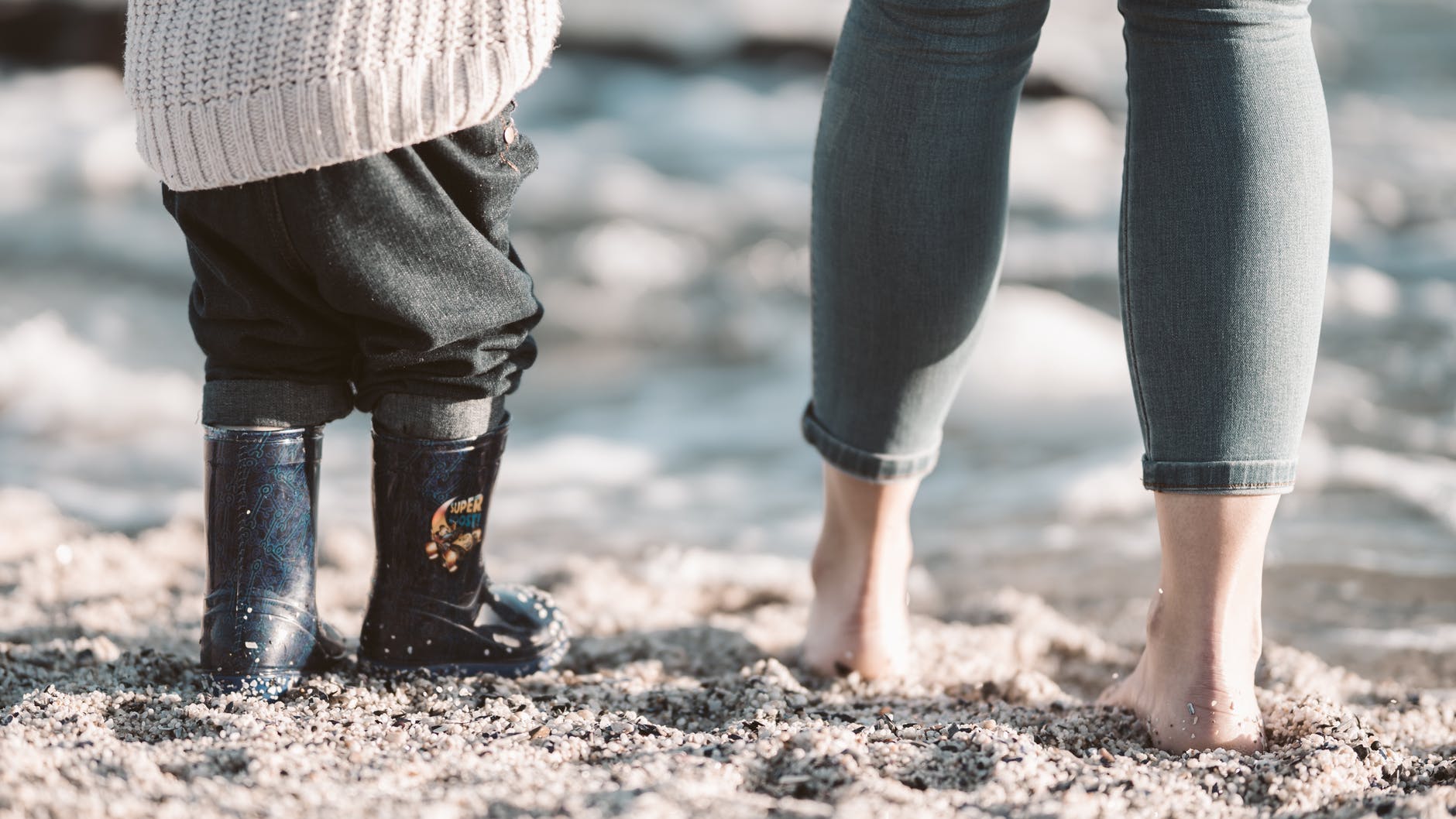Soda Bread aroma and taste
One of the great pleasures in life is the warm-buttered flavour of fresh bread. I promised my pal Bob this soda bread recipe a while back. Here you go, Bob. I hope you enjoy this as much as my tattie scones.

SAFETY: 190 C is hot.
- Take care when you lift and handle hot stuff (no silly, baking hot stuff).
- Plan where you’re going to place things once out of the oven.
- Have your handling equipment, such as oven gloves, available.
- Supervise kids and explain any dangers.
Fast way to a tasty loaf
First things first for soda bread, gather your ingredients:
Wet Ingredients
- 300 ml of whole milk
- 1 large free-range egg
- 1 tablespoon (15 ml) Lemon juice
I often use whole milk and lemon juice instead of buttermilk for soda bread.
Dry Ingredients
- 1 tsp bicarbonate-of-soda
- 1 tsp salt
- 1 tsp sugar
- 250 gm wholemeal flour
- 100 gm plain flour
- 50 gm pinhead or medium-cut oatmeal (any other oats will do if you don’t have them, but it will turn out less crunchy)
Method for Hearty Soda Bread
Get heated as you start
Start your oven warming to 190 C. or 375 F. I use a fan oven. 210 C. for non-fan.
Prepare everything
- Lay out and flour (dust) a baking tray or pizza stone. The dusted area is where you’ll place your loaf so it won’t stick when baking.
OR …
- Bake your loaf in a bread or cake tin. Non-stick liners are an asset for that.
Mix dry ingredients
- Add your dry ingredients to a bowl.
- Mix thoroughly until evenly blended.
- Make a well in the middle.
Measure and start using wet ingredients
- Measure out your wet ingredients into a jug.
- Whisk them together until well mixed.
- Add 90% to well in dry ingredients – keep the rest in reserve to add as needed to get the right consistency.
Mix up with ease
- Don’t over-mix.
- Bring the ingredients together until you have a uniform mixture. adding
- I shape by hand using the ‘OR’ method below.
EITHER
- Scrape the mixture into your bread/cake tin.
- Level the surface and press into corners.
- Slash top, north to south, with the blunt edge of a table knife.
- Dust with plain flour.
- Put it in the oven for 40 – 45 minutes (check at 35 min).
OR
- Flour work surface.
- Shape by hand:
- add more flour as needed,
- work gently until you have your loaf shape.
- Place on baking tray/stone.
- Slash gently three times with a table knife.
- Bake in the oven for 40 – 45 minutes (check at 35 min).
Baked and ready
- Take your SodaBread from the oven.
- Test for readiness:
- hold upside down on a clean towel,
- tap the bottom with a fingertip – a hollow ‘plonk-plonk’ sound means it’s good.
- Put it back in the oven if you think it’s not quite ready.
- Place on a cooling rack and cover with a clean cloth.
- Cut off a slice.
- Enjoy.
There you go
Making great soda bread is not complicated, but it needs patience. Don’t be scared to put it back in the oven if you don’t think it’s done. It’s great sliced hot with fresh butter … YUM.
Got a big thumbs-up from Meg this morning.
© Mac Logan






















